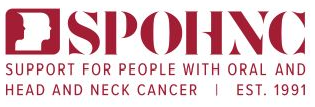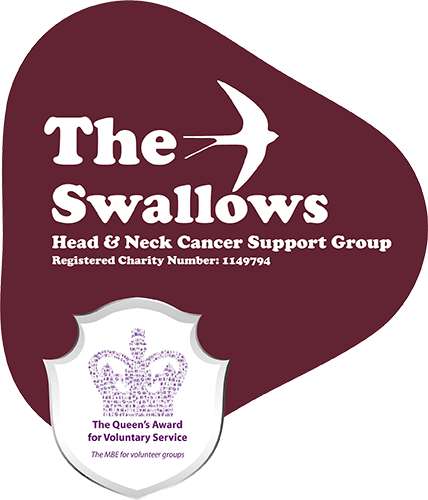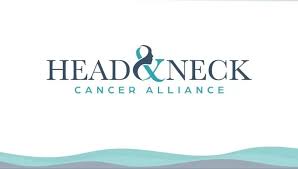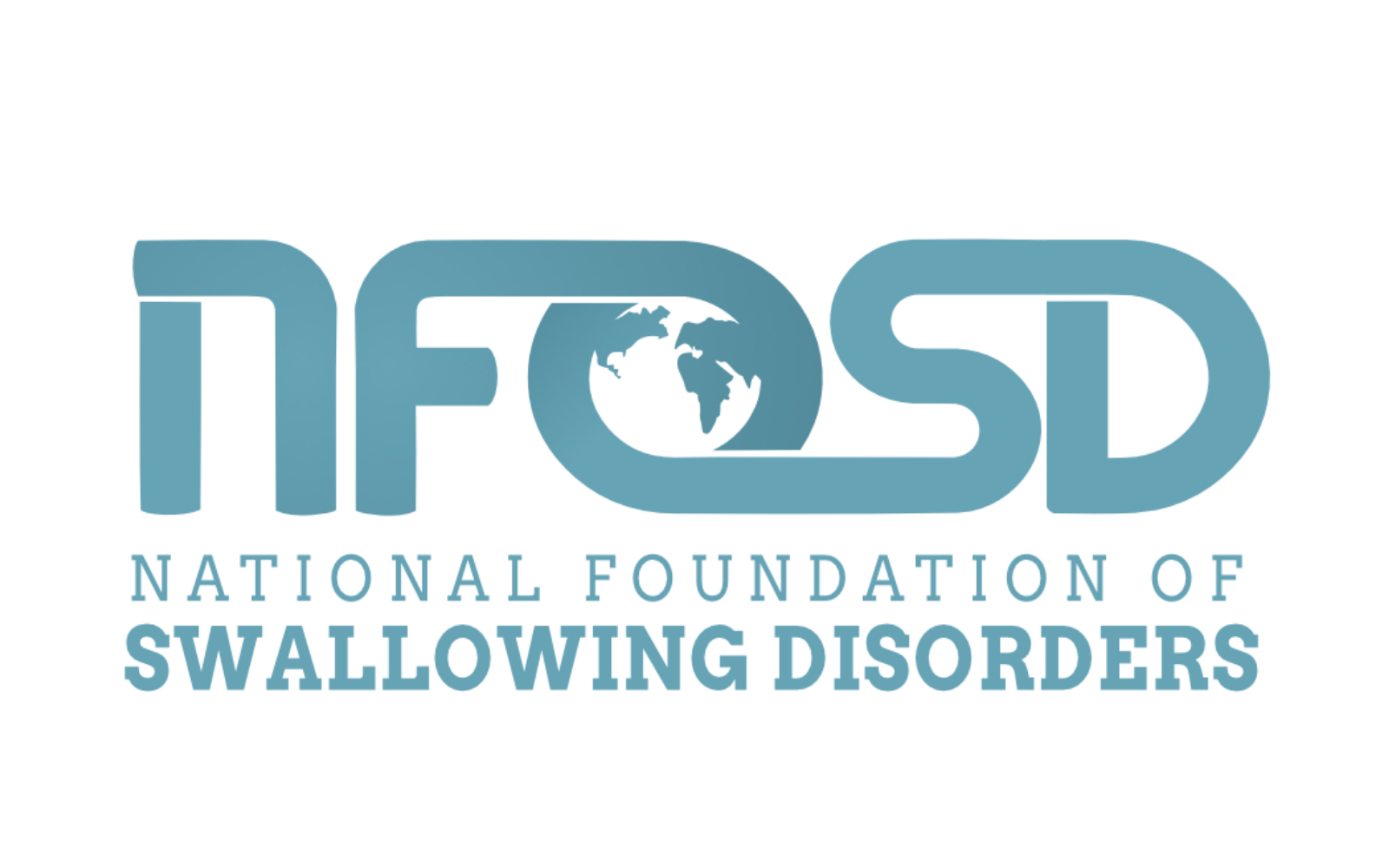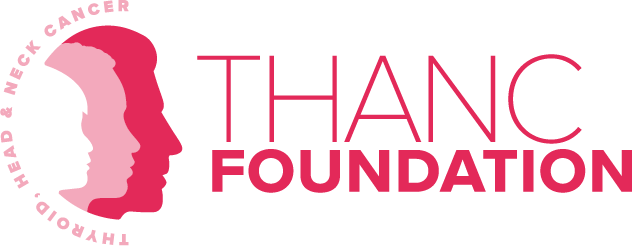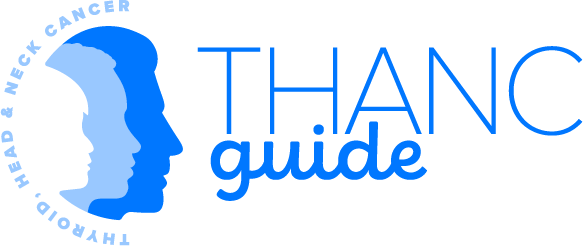Radiation-Induced Xerostomia
Xerostomia (dry mouth) is a condition in which a person’s salivary glands do not produce enough saliva. Symptoms include difficulty eating, chewing, and speaking, oral pain, sore throat, difficulty sleeping, inability to exercise, uncontrollable dental caries (tooth decay) and inability to wear dentures, yeast infections, and oral burning. Xerostomia has a number of different potential causes but may result from radiation therapy for head and neck cancer or be caused by certain autoimmune diseases such as Sjogren’s Syndrome.. Currently, there is no treatment for people with moderate or severe xerostomia.
We are developing AAV-AQP1 to treat radiation-induced xerostomia (RIX). AAV-AQP1 is an investigational genetic medicine that was designed to increase water conduction in salivary glands that have been damaged by radiation therapy. The genetic medicine introduces a water conducting channel into the damaged glands. We are currently conducting a Phase 2 study for people with moderate or severe dry mouth (xerostomia) caused by radiation therapy for head and neck cancer, the AQUAx2 Study.
MeiraGTx Clinical Trials
MeiraGTx is currently recruiting patients to participate in the following salivary gland gene therapy clinical trials:

MeiraGTx is focused on developing potentially curative treatments for patients living with serious diseases. Our goal is to provide access to our product candidates at the appropriate time and in the correct manner for patients.
Expanded access refers to the use of a product candidate outside the auspices of a clinical trial when the primary purpose is to diagnose, prevent, or treat a serious condition in a patient for which no alternative treatments are available. This is different from a clinical trial, where more comprehensive safety and efficacy data are collected. Expanded access use is usually requested by physicians on behalf of their patients for whom participating in a clinical trial is difficult or impracticable. We understand the need for expanded access programs, and we recognize the importance of having an appropriate policy.
A number of factors consistent with the policies of the U.S. Food and Drug Administration (FDA) and guidelines of international regulatory agencies should be taken into account when considering expanded access. They include:
- The illness must be serious or life-threatening
- There are no other viable treatment options (such as approved products or enrolling clinical trials)
- There is sufficient evidence that the potential benefit to the patient would likely outweigh the potential risks based on safety and efficacy information available at the time
- Ability to provide a product in a fair and equitable manner, so that there is adequate manufacturing capacity for ongoing programs
- Whether granting expanded access would potentially compromise the scientific validity of broader development programs, or interfere with or delay the conduct of current clinical trials or regulatory submissions designed to make the product candidate available to many more patients
At this time, MeiraGTx believes that participation in one of our clinical trials is the most appropriate way to access our product candidates. If you have additional questions, please speak with your physician or contact patients@meiragtx.com. We anticipate acknowledging receipt of requests sent to this e-mail within five business days.
Pursuant to the 21st Century Cures Act, MeiraGTx may revise this policy at any time.
Dated: February 2021

